Many but not strong
The province currently has 602 cooperatives, of which 458 operate in the agricultural sector, 144 are non-agricultural cooperatives, with 12,759 cooperative members. Agricultural and forestry cooperatives have created jobs for workers in rural areas, contributing to the stability and socio-economic development of the locality.
The activities of cooperatives have a significant impact on supporting the economic life of member households through providing input materials services, improving production techniques, processing and consuming output products. Thereby, promoting the development of agricultural commodity production, overcoming the situation of small-scale production, and dispersion in registering trademark protection for products. Initially, there were cooperatives participating in exporting products. There are 104 cooperatives with OCOP products with 147 products rated 3 stars or higher (out of a total of 191 products, accounting for 77%), 77 cooperatives have registered trademark protection at the Department of Intellectual Property for 82 products, contributing to restructuring the agricultural sector and building new rural areas in the province. Currently, the whole province has 195 agricultural cooperatives, accounting for nearly 70% of the number of cooperatives in the province. The average revenue is about 1,035 billion VND/cooperative/year; Average profit after tax is about 250 million VND/cooperative/year; average income of regular workers in the cooperative is about 40 million VND/person/year; number of members is 3,091 members.
Leaders of the Provincial Cooperative Union and leaders of the Bank for Agriculture and Rural Development surveyed the loan needs of cooperatives.
However, according to the assessment of the Provincial People's Committee, although there has been an increase in quantity and changes in quality, the development of cooperatives, especially agricultural cooperatives in the province, has not been commensurate with the potential and requirements of large-scale commodity production associated with the market. The scale of cooperatives is small, most agricultural cooperatives lack business capital, low asset value and have difficulty accessing credit. The level of participation of agricultural cooperatives in the production and consumption chain of agricultural products is still low; the number of cooperatives applying high-tech agriculture accounts for only about 10% of the total number of agricultural cooperatives in the province. Meanwhile, participating in the value chain and applying science and technology are important activities for cooperatives to attract members, create added value for members and cooperatives and ensure the sustainable development of agricultural cooperatives. Some agricultural cooperatives have been established, but not based on the needs and desires of farming households. Therefore, members lack cohesion, cooperation, connection and do not actively participate in cooperative activities, leading to cooperatives operating at a standstill or existing only in name.
Chairman of the Provincial Cooperative Union Cao Hung Dung said that the reason why cooperatives have not operated as effectively as expected is due to the limited technical expertise of key staff in cooperatives. This has led to many difficulties and problems in organizing, managing and operating production and business activities. The material facilities of cooperatives are poor, machinery and equipment are old, technology is outdated, and manual production is common. Many cooperatives lack capital for production and business. The awareness of cooperative managers and members about cooperatives is inadequate. Cooperatives are still affected and constrained by the policy framework; slow to change production and business models to suit new conditions.
Need the cooperation of the entire political system
In recent years, the province has issued policies and mechanisms, including encouraging the development of agricultural cooperatives such as newly established cooperatives that organize the production of agricultural, forestry and fishery products associated with the consumption of products according to the value chain, which are supported to buy computers and office equipment; support interest rates on loans for cooperatives to borrow capital to organize the production of agricultural goods and OCOP products; support for building and managing brands; support for assessing and granting certificates of production and processing according to standards; support cooperatives to participate in the OCOP Program and trade promotion; organic production; implementation of production linkage projects...
In addition, local Party committees and authorities in the province have stepped up propaganda and dissemination of the Law on Cooperatives, as well as the role of cooperatives in building new rural areas for officials, cooperative members and people to understand. At the same time, creating conditions and encouraging people to participate in the activities of agricultural cooperatives, promoting the organization of linkages with enterprises to build value chains, creating stable output for agricultural products made by people.
However, the collective economy and cooperative economy still face many difficulties. Mr. Cao Hung Dung, Chairman of the Provincial Cooperative Union, said: “Some Party committees and localities still do not fully understand the importance of the collective economy and cooperatives for economic and social development. An effectively operating cooperative has great social security significance, both creating income and jobs for people and creating local commodity production, creating a chain of linkages in agricultural and forestry production... Therefore, developing the collective economy and cooperatives in the right direction will be a lever for development. To develop a stronger cooperative economy, it is necessary to have more attention from sectors and local authorities in creating conditions and helping cooperatives in terms of capital, application of science and technology, land...
To further promote the role of the collective economy, based on Resolution No. 20-NQ/TW dated June 16, 2022 of the 5th Conference of the Party Central Committee (13th tenure) on continuing to innovate, develop and improve the efficiency of the collective economy in the new period, the Party Executive Committee of Tuyen Quang province, 17th tenure, issued an Action Program to lead and direct the implementation of this Resolution. Accordingly, the province strives to have over 300 cooperative groups by 2030; over 600 cooperatives with over 13,000 members. Of which, over 50 agricultural cooperatives apply high technology to the production and consumption of agricultural products; develop agricultural commodity value chains associated with production linkages, provide processing services and consume agricultural products; promote participation in the supply chain to directly export agricultural products abroad.
In the coming time, the Provincial Cooperative Union will coordinate with sectors and levels in the province to continue promoting the achieved results, continue to develop programs, plans, organize implementation, inspect and supervise the development of cooperatives; pay special attention to supporting cooperatives in linking and cooperating with cooperatives and enterprises; actively train and foster professional skills for cooperative staff; support cooperatives to expand in scale, capital, and industries; build new models, typical advanced cooperatives, cooperatives applying high technology in industries and fields...
From the achievements of cooperatives and the efforts of the Provincial Cooperative Union, the strong participation of local authorities, it is expected that the collective economy and cooperative economy will grow, contributing to the economic and social development of the province.
Source: https://baotuyenquang.com.vn/kinh-te-hop-tac-xa%C2%A0hoat-dong-chua-nhu-ky-vong-198683.html


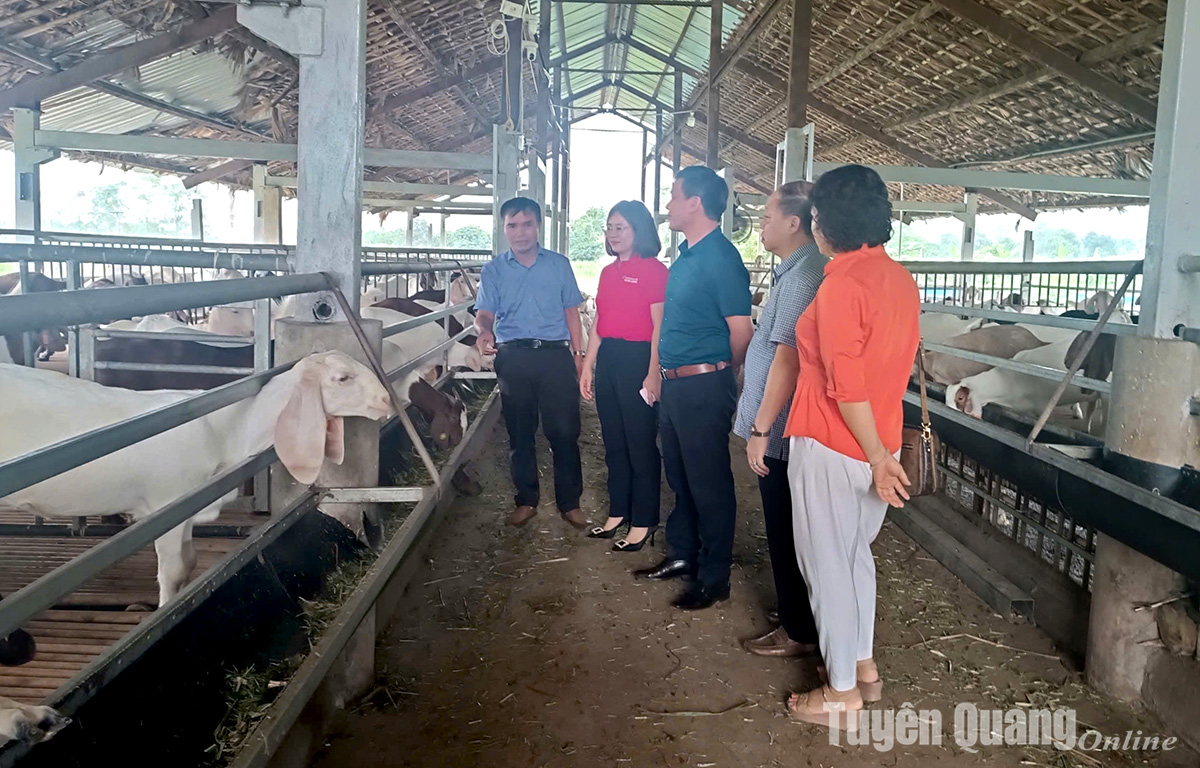
![[Photo] General Secretary To Lam receives French Ambassador to Vietnam Olivier Brochet](https://vstatic.vietnam.vn/vietnam/resource/IMAGE/2025/4/17/49224f0f12e84b66a73b17eb251f7278)

![[Photo] National Assembly Chairman Tran Thanh Man meets with outstanding workers in the oil and gas industry](https://vstatic.vietnam.vn/vietnam/resource/IMAGE/2025/4/17/1d0de4026b75434ab34279624db7ee4a)
![[Photo] Closing of the 4th Summit of the Partnership for Green Growth and the Global Goals](https://vstatic.vietnam.vn/vietnam/resource/IMAGE/2025/4/17/c0a0df9852c84e58be0a8b939189c85a)
![[Photo] Nhan Dan Newspaper announces the project "Love Vietnam so much"](https://vstatic.vietnam.vn/vietnam/resource/IMAGE/2025/4/17/362f882012d3432783fc92fab1b3e980)
![[Photo] Promoting friendship, solidarity and cooperation between the armies and people of the two countries](https://vstatic.vietnam.vn/vietnam/resource/IMAGE/2025/4/17/0c4d087864f14092aed77252590b6bae)


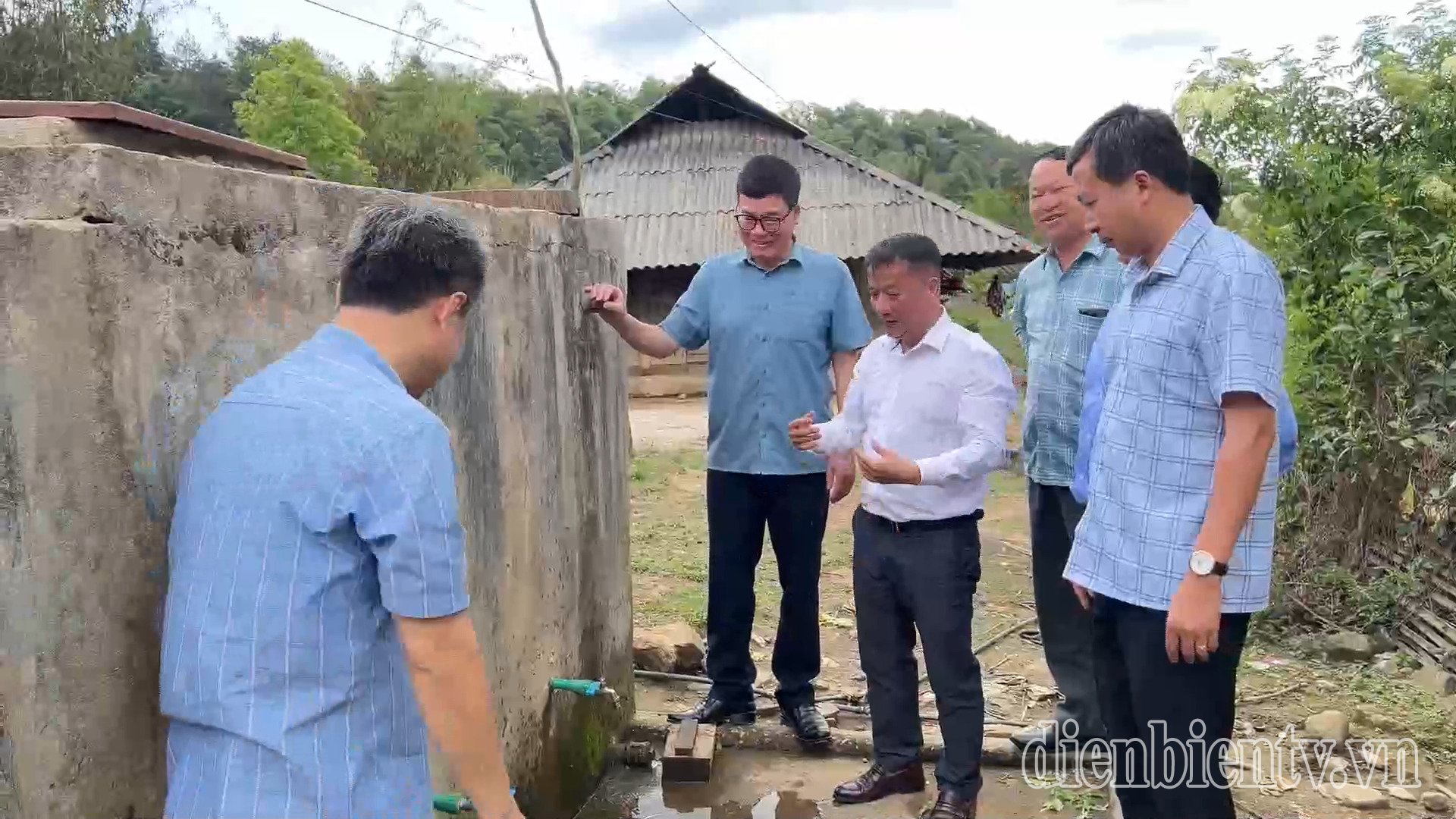

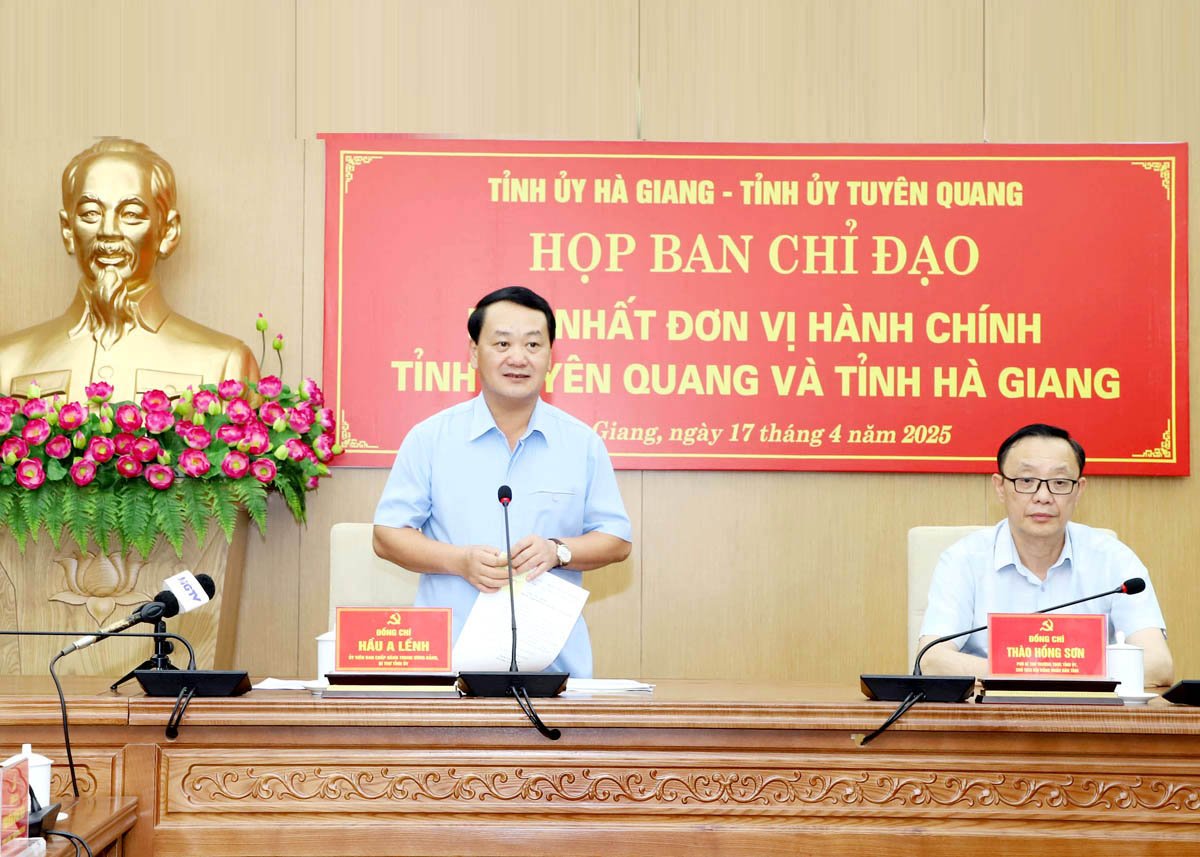
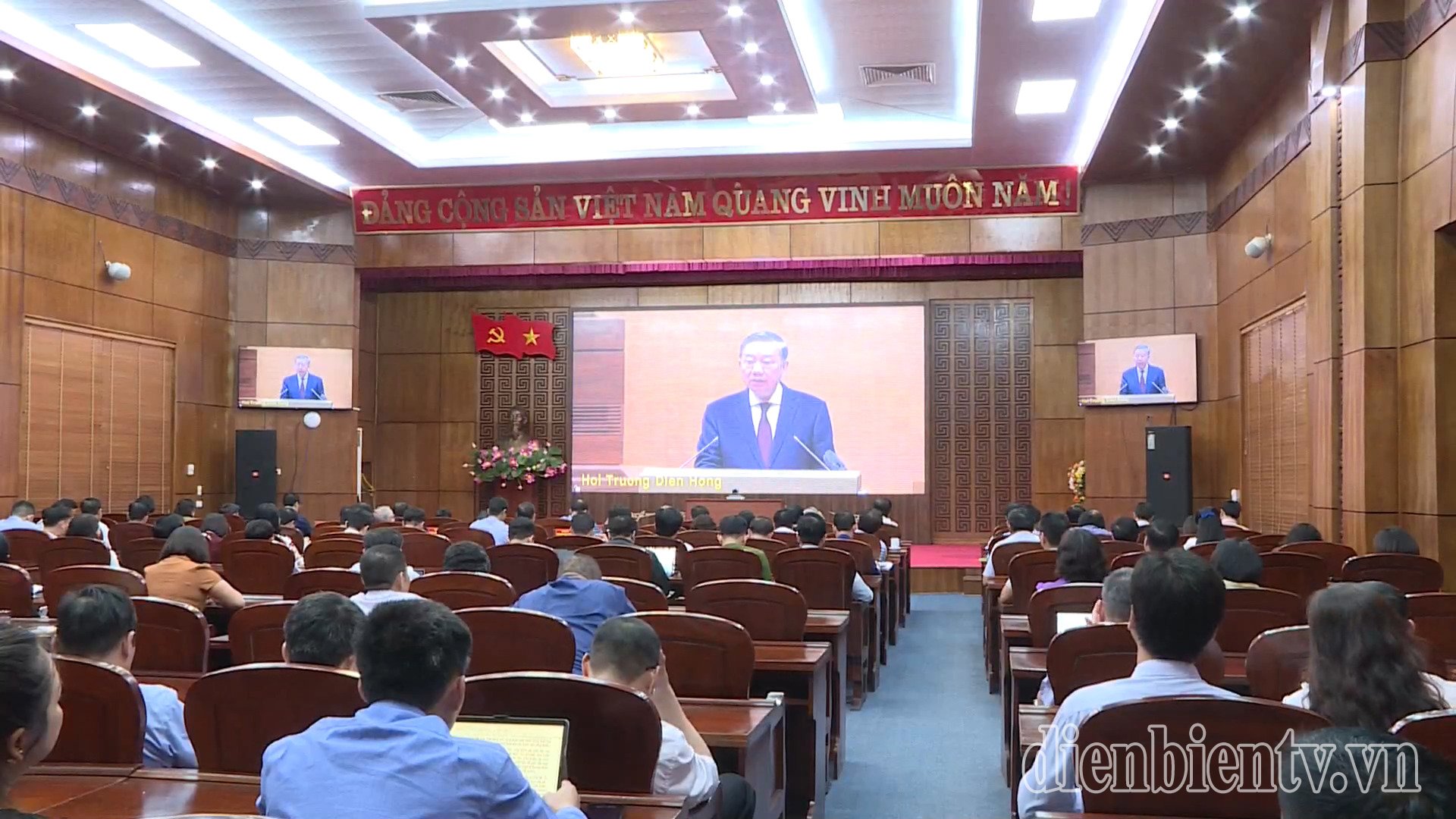



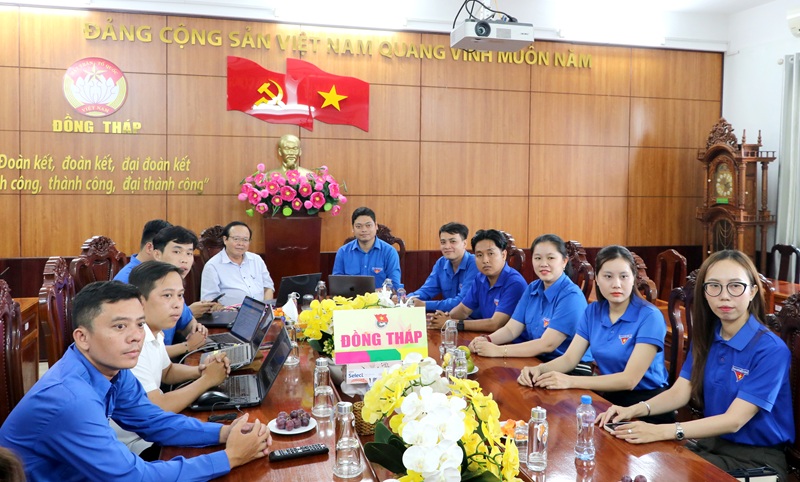
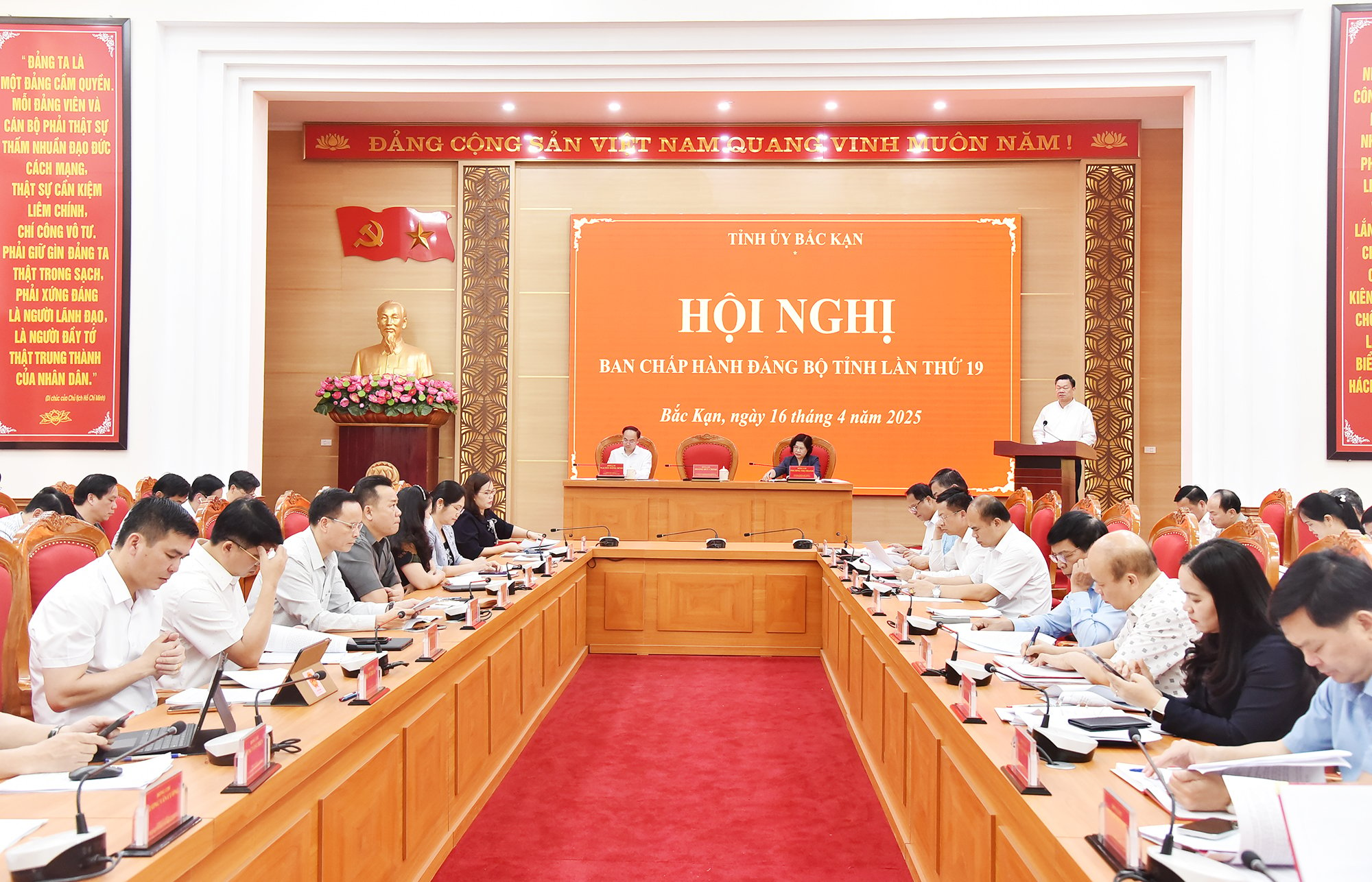
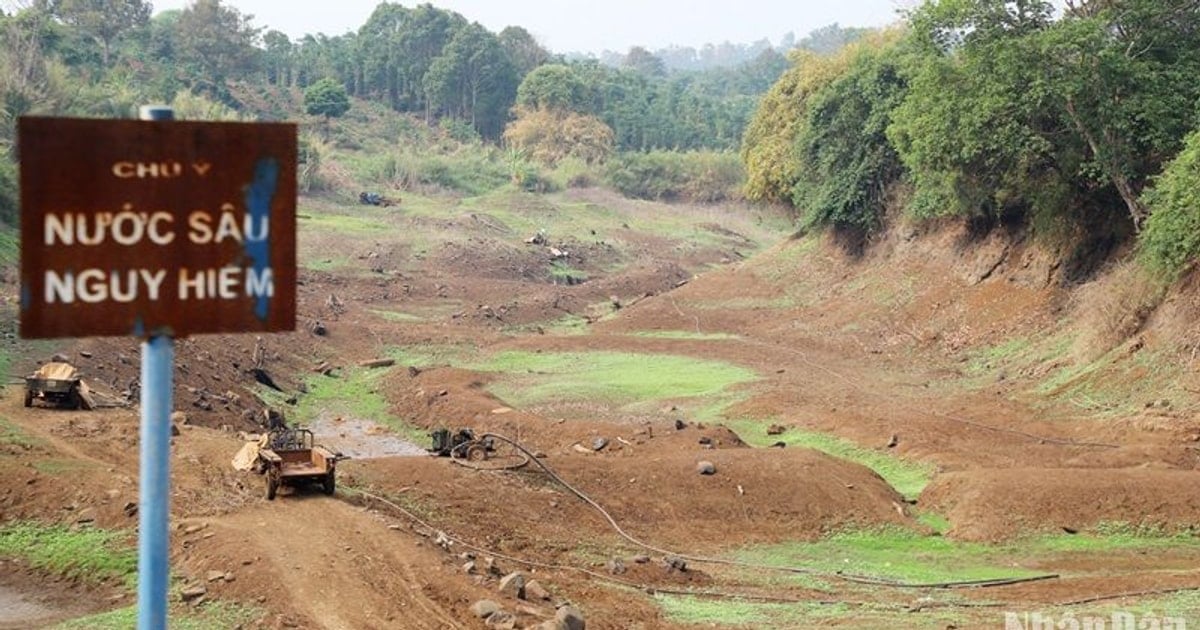





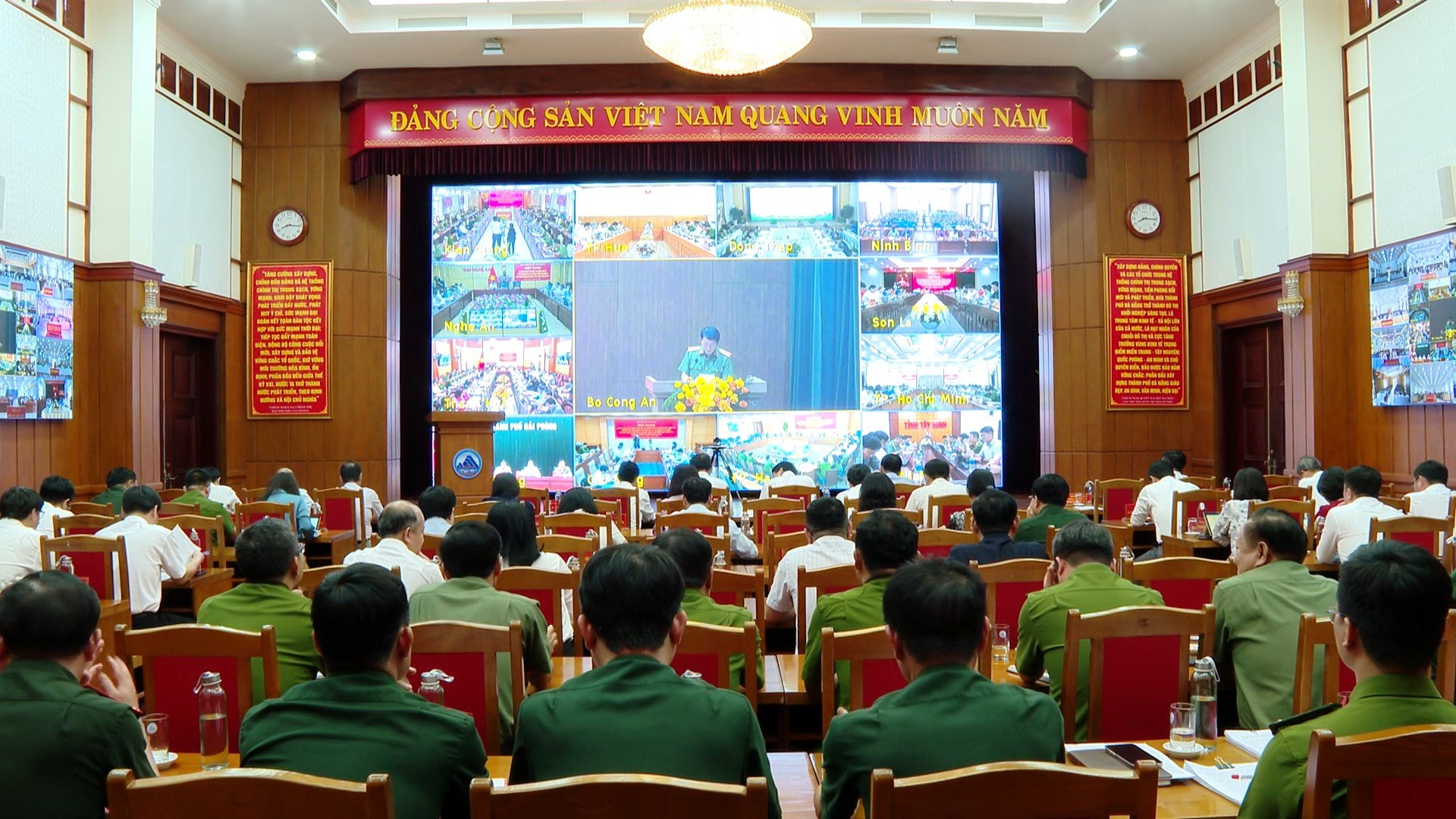

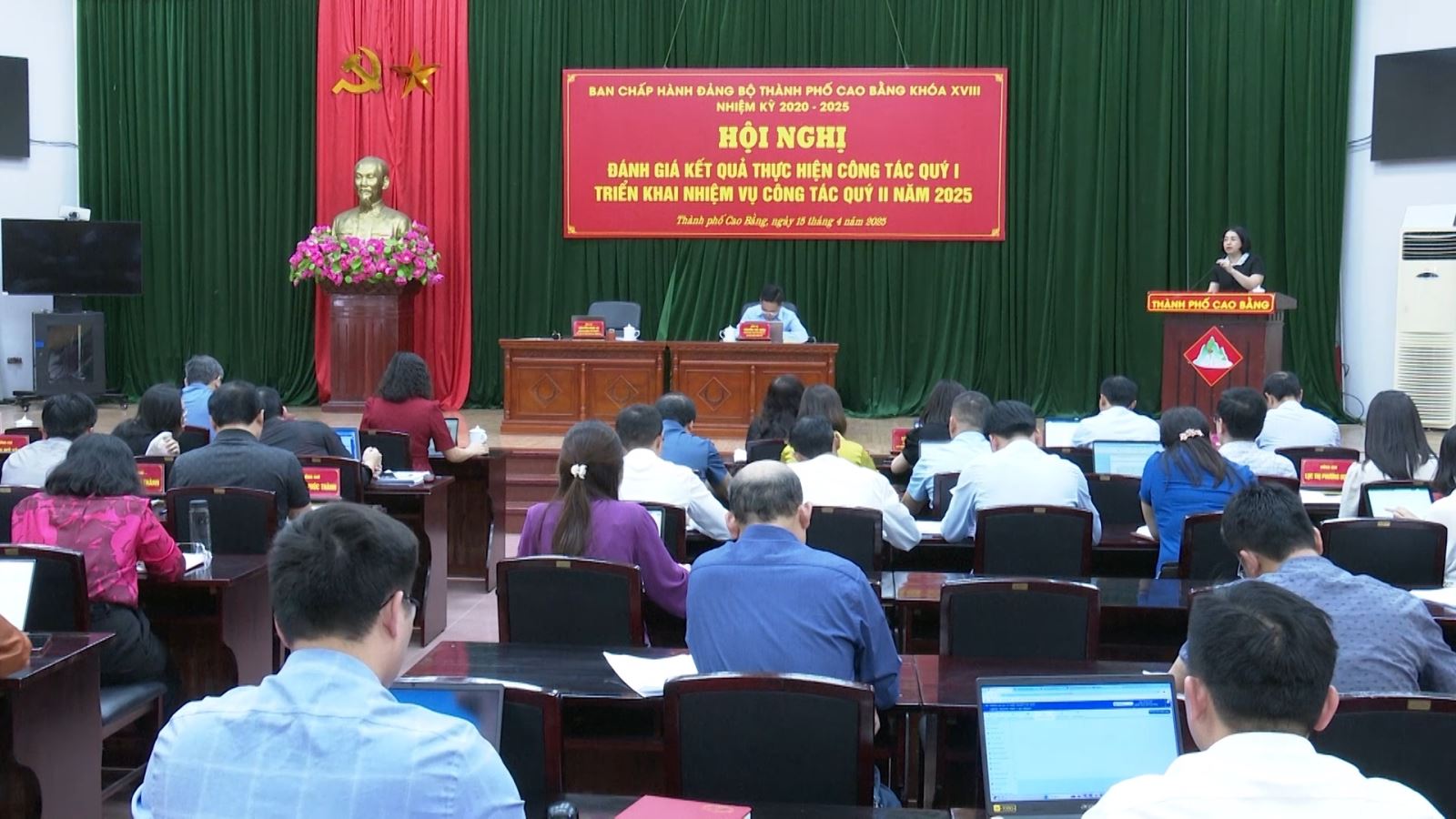

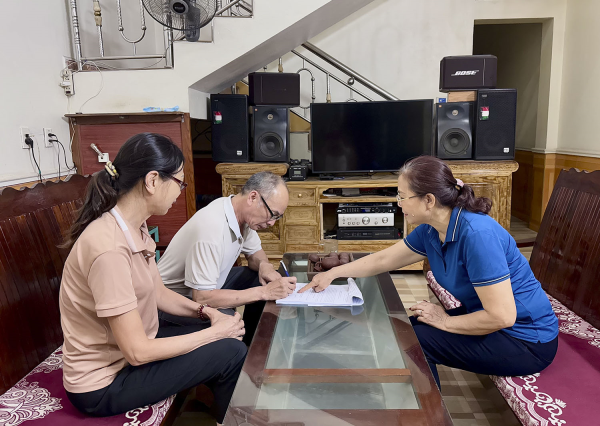
![[Photo] Welcoming ceremony for Chinese Defense Minister and delegation for friendship exchange](https://vstatic.vietnam.vn/vietnam/resource/IMAGE/2025/4/17/fadd533046594e5cacbb28de4c4d5655)




























![[Video] Viettel officially puts into operation the largest submarine optical cable line in Vietnam](https://vstatic.vietnam.vn/vietnam/resource/IMAGE/2025/4/17/f19008c6010c4a538cc422cb791ca0a1)






















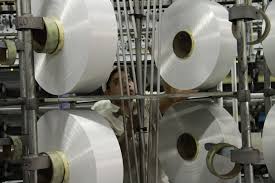



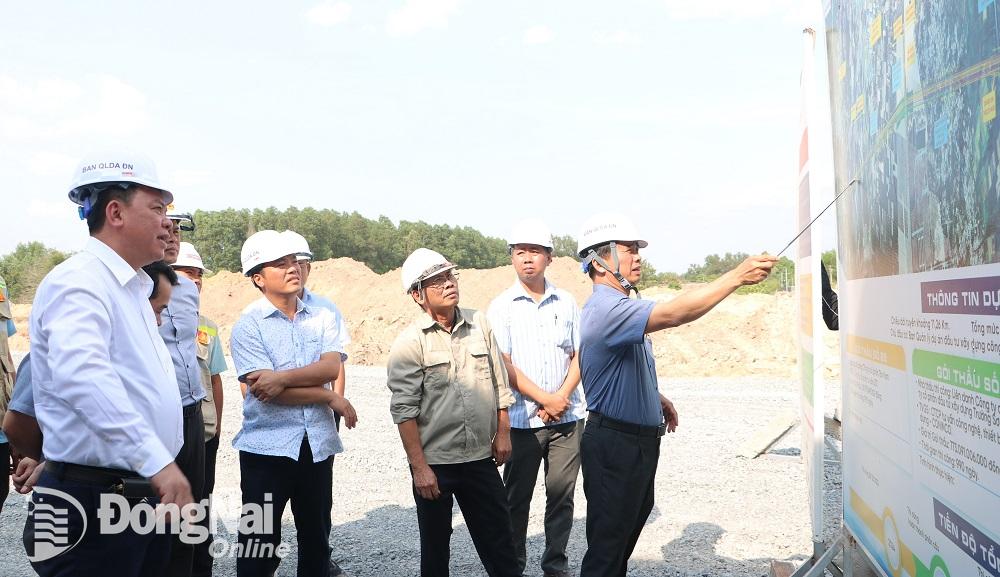











Comment (0)